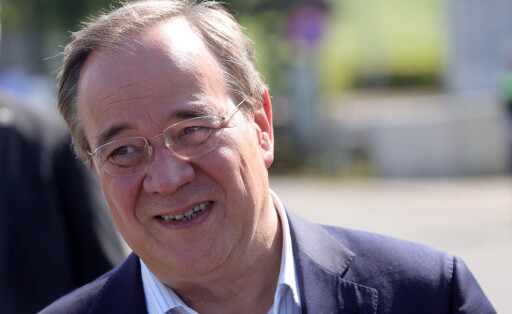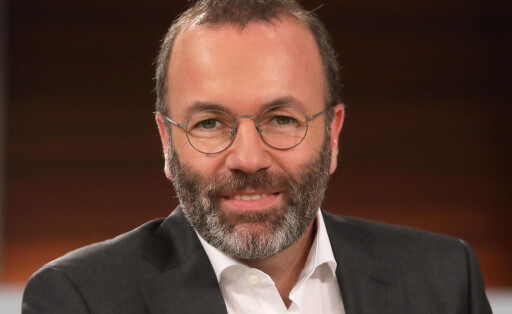




The dispute over the controversial Supply Chain Act has been simmering within the Commission for months. Thousands of companies will be affected and are pressing for legal clarity – especially since there are already different national regulations. But a European solution is not in sight. Too many interests are at play.
By Charlotte Wirth

Who can form a government with whom after the Bundestag elections depends on the parties' ability to compromise. Each player brings their own non-negotiable positions, as well as those that are willingly given up for the sake of successful negotiations. Europe.Table examines the party programs for possible lines of compromise with a focus on European, climate and digital policy. Today: the government plan of the FDP.
By Lukas Knigge



The Bundestag elections and the possible governing coalitions are also decisive for Europe and Germany's role in the EU. The parties' election programs form the basis for the exploratory talks. Europe.Table examines the programs and possible lines of conflict with a focus on European, climate and digital policy. Today's starting point: the joint government program of the CDU and CSU.
By Timo Landenberger

Behind the scenes in Berlin, France's president is campaigning for a reform of the Stability Pact. But his liberal party friends, of all people, are giving him a raw deal. The FDP's possible participation in government is viewed critically in Paris.
By Till Hoppe

German European policy suffers from lengthy coordination processes. The possible governing parties want to change that after the Bundestag elections. The CDU wants to make the Chancellor's Office the control center – but there is resistance.
By Till Hoppe